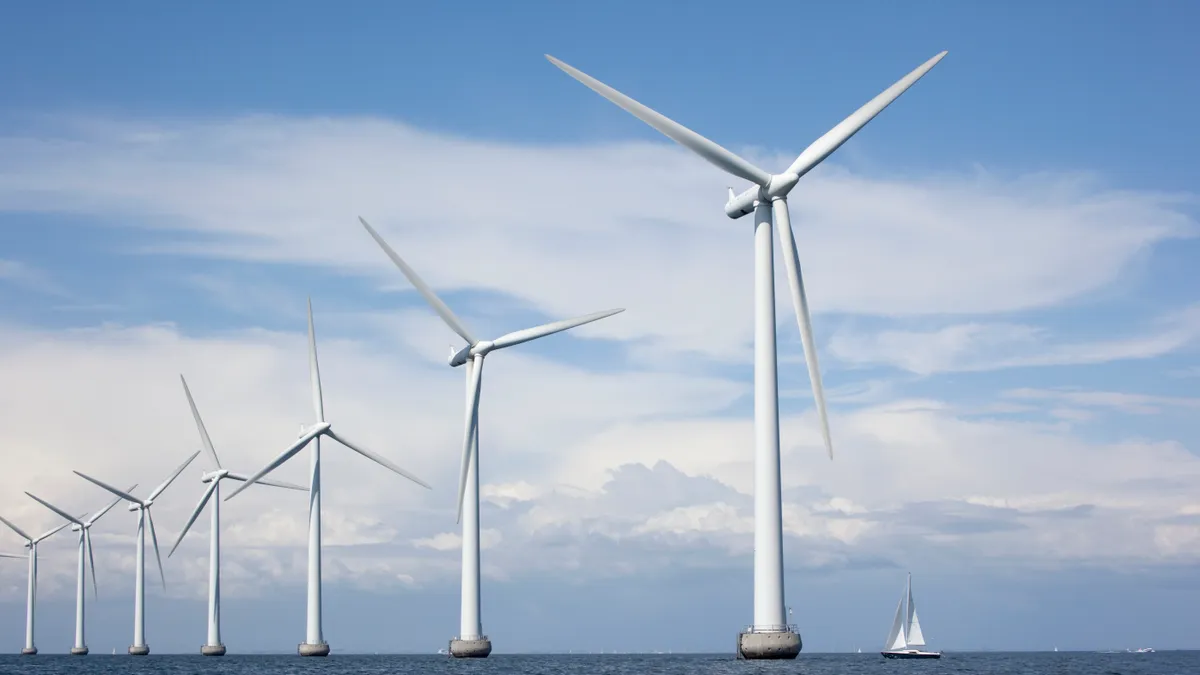Delaware’s Department of Natural Resources and Environmental Control on Wednesday released a report that examines how the state might procure offshore wind to meet its decarbonization needs without taking on excessive financial risk, recommending options such as a multistate procurement agreement.
The DNREC delivered the report to Gov. John Carney, D, and the state legislature, in accordance with a bill passed in August. The report examines the macroeconomics of the offshore wind market and the potential impact of a hypothetical 800 MW project off the state’s coast.
The agency concluded the report with a set of 11 recommendations, including: that Delaware should proceed with legislation authorizing offshore wind procurement; that offtake agreements should include as much flexibility as possible to respond to market conditions; and that the procurement program should try to include partnerships with neighboring states.
“The strategic value of offshore wind for Delaware is underscored by the fact that there are not many other options available for delivering sufficient renewable energy at the scale that will be needed to meet the state’s renewable energy goals,” the report said.
However, the authors noted that they were delivering the report during a time of “considerable uncertainty” in the offshore wind industry.
A 2018 study completed by the state’s Offshore Wind Working Group had advised against pursuing offshore wind at the time due to the steep cost of doing so, and recommended waiting for developer interest in the mid-Atlantic to increase.
Now, Delaware is one of the only states in the region without an offshore wind project underway — but a “mismatch” between optimal project scale and the state’s buying power still exists, the DNREC report said.
“Delaware would need about 800 MW of offshore wind to meet its [renewable portfolio standards] obligations for all utilities by 2035,” the report said.
Delaware lawmakers who support offshore wind development plan to introduce legislation setting procurement targets when the state’s legislative session resumes this month, according to Jamie DeMarco, the Maryland director at the Chesapeake Climate Action Network.
The report recommends exploring cooperative procurement agreements with other states in order to distribute costs, and cites the October memorandum of understanding among Connecticut, Massachusetts and Rhode Island which formalized the consideration of joint procurements.
“Elements of the MOU include participation of other states’ [economic development corporations] in solicitation, good faith approach to include multistate bids, the encouragement of multi-state bids, and multi-state bids offered at same price to all states,” the report said.














